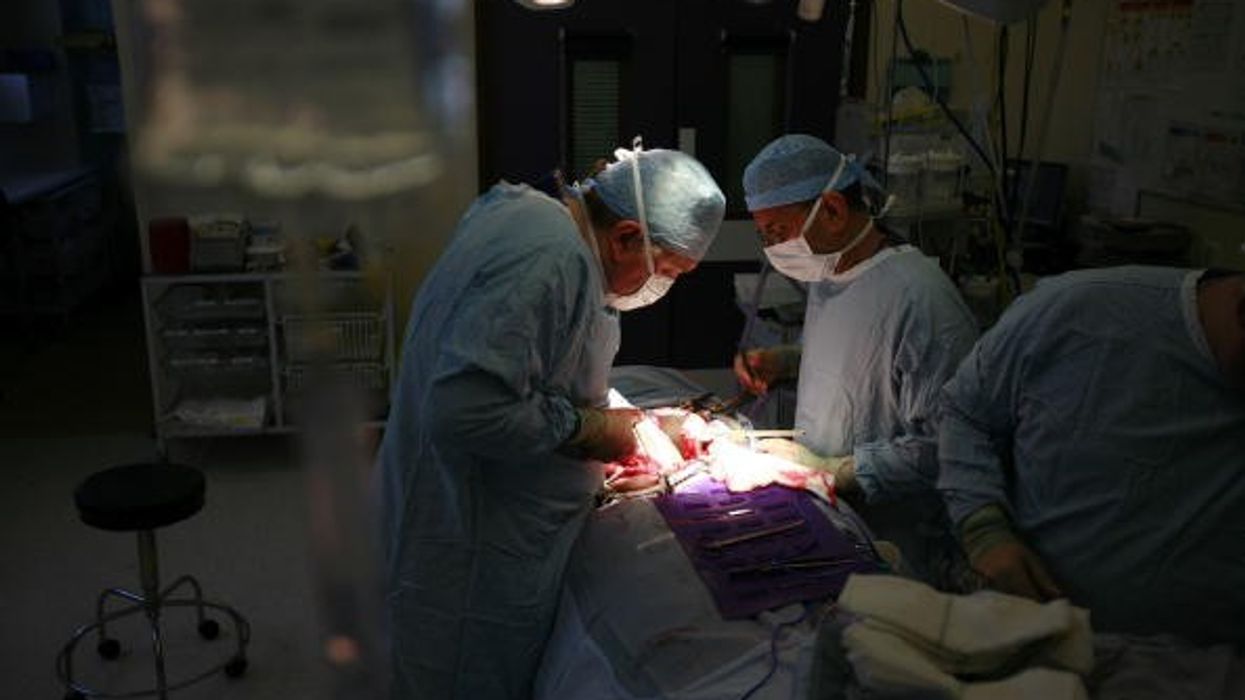THERE is an urgent shortage of organs for kidney transplants among patients from Black, Asian, mixed-race and minority ethnic communities, says NHS Blood and Transplant today (19) in a new report, which also states that organ donation still remains a challenge in BAME communities. The body has announced a further £100,000 of funding to raise awareness to tackle the issue.
Pandemic has had a significant impact on the numbers of kidney transplants that could be performed, says the new report, claiming that 444 patients were able to receive a transplant from a living donor over the year - an extraordinary achievement in the midst of a pandemic - though this was still a drop of 58 per cent compared to the previous year.
The overall trends relate to the fact that many patients were suspended from the list, and that there were fewer donors and transplants possible, due to the impact of the pandemic on ICUs and organ transplant units as the UK Living Kidney Sharing Scheme was also paused.
Black, Asian, mixed-race and minority ethnic patients receiving organ transplants fell by 36 per cent as compared to 22 per cent for the overall population – while waiting lists for these patients fell more than the overall population.
With an inevitable increase in the number of waiting patients, there remains an urgent shortage of organs for patients from all backgrounds, but this is particularly acute in kidney patients from Black, Asian, Mixed Race and minority ethnic communities, who rely disproportionately on living donors for a suitable match, says the report.
Over last year, there were 1,180 total deceased organ donors in the UK and 8.4 per cent of them were from BAME communities, yet there remain to be 1,237 people on the waiting list from these communities, almost 29.5 per cent of all people waiting for a transplant.
However, when approached about organ donation over the course of the past year, 39.5 per cent of BAME families agreed to support donation going ahead, compared to 69 per cent of white families.
Many of these families can still find it difficult because organ donation is not something they have discussed with their relatives while others still have concerns about whether organ donation can go ahead in line with their religious beliefs, says NHS body.
In an effort to help tackle these ongoing health inequalities, NHS Blood and Transplant has announced a further £100,000 of funding offered via their Community Investment Scheme programme to support groups and organisations- particularly those within BAME communities- to raise awareness of living donation.
Living donors can either be directed (where the donor donates to a named recipient or someone they know) or non-directed (where a donor donates altruistically to any stranger who needs it).
Last year, about 20 per cent of BAME patients had received a kidney through the Sharing Scheme and non-directed altruistic donors.
Lisa Burnapp, Clinical Lead for Living Donation, for NHS Blood and Transplant, said: "We have worked hard to increase the number of patients able to receive a transplant thanks to living donations but the pandemic has had a substantial impact. With more patients now in need of a life-saving transplant, we urgently need more potential living donors to come forward and help us to save more lives.”
Kirit Modi, Hon President of the National BAME Transplant Alliance (NBTA) said: “The pandemic has hugely impacted Black, Asian and Mixed Race and minority ethnic patients waiting for an organ transplant. Right now, it is more important than ever to have that family conversation about organ donation with your loved ones and ensure that whatever your choice, your donation decision is known.”
“We welcome the launch of the Community Investment Scheme funding, announced today, to help drive awareness and increase living donation within Black, Asian and Mixed Race and minority ethnic communities.”




